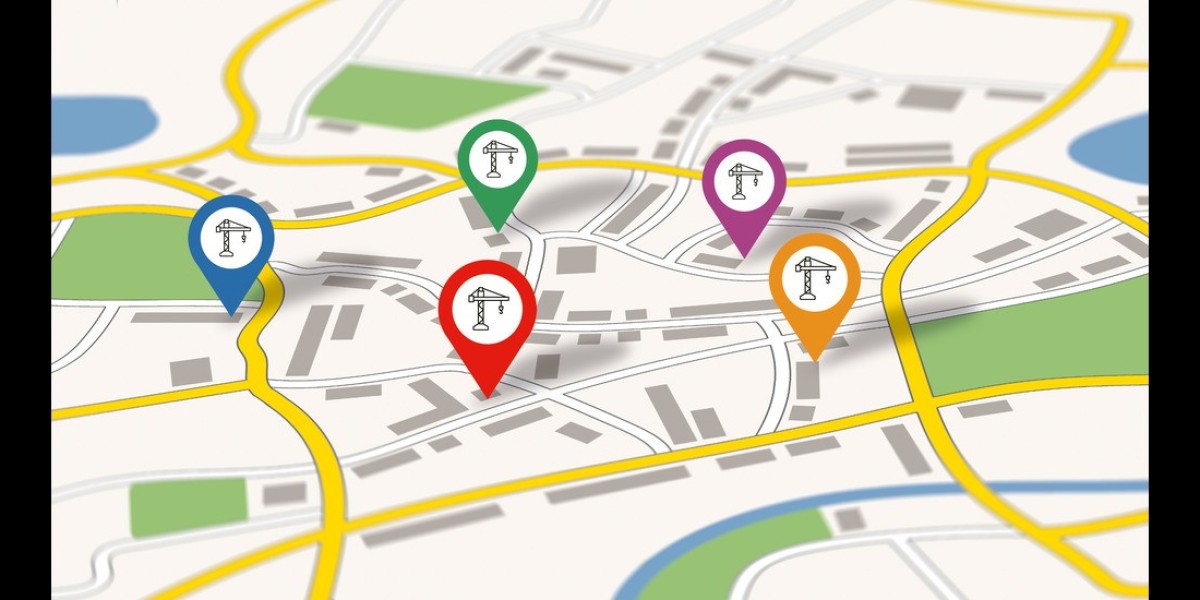Ethiopia is a country full of vibrant culture, breathtaking landscapes, and a rich historical heritage. From the rock-hewn churches of Lalibela to the stunning Simien Mountains and the bustling streets of Addis Ababa, Ethiopia offers travelers countless unforgettable experiences. However, like any international destination, ensuring your safety while exploring this beautiful country is essential. By preparing ahead, staying informed, and following practical safety measures, you can enjoy a secure and memorable Ethiopian adventure.
1. Research Before You Go
Before stepping foot in Ethiopia, thorough research is the first step toward a safe trip. Learn about local customs, laws, and social norms. For example, Ethiopia is a predominantly Orthodox Christian country, and certain behaviors or clothing choices might be considered inappropriate, especially in religious sites. Understanding these cultural nuances will not only help you avoid awkward situations but also earn the respect of locals.
Additionally, check government travel advisories for Ethiopia. Countries like the United States, the UK, and Canada regularly provide updated guidance on safety, health, and political situations. These advisories can inform you about areas to avoid or precautions to take.
When planning your trip, consult an Ethiopia Tourist Visa guide to ensure you understand the visa requirements and entry regulations. Obtaining the correct visa and keeping all travel documents organized can save you a lot of stress at the airport and prevent any legal issues during your visit.
2. Keep Your Valuables Secure
Pickpocketing and petty theft can occur in busy markets, tourist areas, and crowded public transport hubs. To minimize risks, always keep your valuables—like passports, cash, and electronics—secure. A crossbody bag with a hidden zipper, a money belt, or a neck pouch are all effective options for carrying essential items safely.
Avoid carrying large amounts of cash. Instead, use a combination of debit/credit cards and smaller amounts of local currency. Make copies of your passport, ID, and important documents, and store them separately from the originals. In case of loss or theft, having these backups can make dealing with authorities much easier.
3. Be Cautious with Transportation
Transportation in Ethiopia can be unpredictable, so it’s crucial to plan carefully. While taxis, buses, and ride-sharing options are available in major cities, not all services are equally safe or reliable. When possible, use licensed taxis or reputable ride-hailing apps rather than accepting rides from strangers.
If you’re renting a car, ensure you’re familiar with local driving conditions. Roads may be poorly maintained outside urban areas, and traffic rules are not always strictly enforced. Driving at night can be particularly hazardous due to poor visibility and occasional livestock on the road. Alternatively, hiring a local driver or joining organized tours can provide a safer and more comfortable travel experience.
4. Stay Informed About Local Conditions
Ethiopia is a country with diverse regions, each with its own social, political, and environmental considerations. Staying informed about local conditions can help you avoid risky situations. For instance, some areas near borders or regions experiencing political tension may not be safe for tourists. Always check news updates and travel advisories before venturing into less-traveled areas.
Joining online travel forums or social media groups focused on Ethiopia can also provide valuable insights from fellow travelers. Local advice is often the most practical, especially regarding transportation, accommodation, and safety precautions.
5. Protect Your Health
Health safety is another essential aspect of traveling in Ethiopia. Before traveling, consult your doctor about recommended vaccinations. Common suggestions for Ethiopia include vaccines for hepatitis A and B, typhoid, yellow fever, and routine immunizations like tetanus. Malaria is present in certain regions, so taking prophylactic medication and using mosquito repellent is advised.
Drink bottled or purified water and avoid consuming raw or undercooked food from street vendors. Wash your hands frequently, especially before eating, to reduce the risk of gastrointestinal illnesses. Travel insurance that covers medical emergencies is highly recommended, as medical facilities in remote areas may be limited.
6. Respect Local Laws and Customs
Ethiopia has strict laws, and as a visitor, you are expected to comply with them. Drug possession, for instance, is illegal and can carry severe penalties. Photography is generally allowed, but be cautious when photographing government buildings, military sites, or police officers, as this could attract unwanted attention.
Dress modestly, particularly in religious or rural areas. Women may feel more comfortable covering their shoulders and knees, while men should avoid overly casual attire in certain settings. By showing respect for local customs, you not only ensure your safety but also enrich your travel experience by connecting more meaningfully with local communities.
7. Use Reliable Accommodation
Choosing safe and reputable accommodation is crucial. International hotels and well-reviewed guesthouses in major cities tend to offer better security and hygiene standards. Before booking, read reviews on trusted travel platforms and consider amenities such as 24-hour reception, secure lockers, and on-site security.
When checking in, always store your valuables securely and be aware of emergency exits and procedures. Establishing a rapport with hotel staff can also be beneficial—they can provide local insights and alert you to potential safety concerns.
8. Stay Connected
Keeping in touch with friends and family during your travels adds an extra layer of security. Share your itinerary, accommodation details, and contact numbers with someone you trust. Using a local SIM card or a reliable international roaming plan ensures you have access to maps, emergency contacts, and navigation apps at all times.
In case of emergencies, knowing the local police and medical numbers is essential. For Ethiopia, you can reach the national police at 991 or local hospitals in case of medical issues. Additionally, registering with your embassy can provide extra support if needed.
9. Be Aware of Scams and Tourist Traps
Like many popular tourist destinations, Ethiopia has its share of scams. Common schemes include inflated taxi fares, overpriced goods, and unofficial tour guides. Always agree on prices before accepting a service and remain cautious of strangers offering unsolicited help or deals that seem too good to be true.
Using official guides and licensed tour operators reduces the risk of falling victim to scams. Do some research ahead of time, read reviews, and trust your instincts if something feels off.
10. Practice Personal Safety Habits
Simple personal safety habits can make a big difference. Walking in well-lit areas at night, avoiding isolated streets, and staying alert in crowded places are effective precautions. If traveling alone, consider joining group tours or connecting with other travelers to enhance safety.
Trusting your intuition is crucial. If a situation feels unsafe, remove yourself immediately. Carrying a whistle, small flashlight, or personal alarm can also provide peace of mind, particularly when exploring remote areas.
Conclusion
Traveling in Ethiopia can be an extraordinary experience, offering a rich tapestry of culture, history, and natural beauty. By taking proactive steps—researching before you go, securing your valuables, choosing reliable transportation, respecting local customs, and maintaining health precautions—you can significantly reduce risks and enjoy your journey safely.
For those planning their trip, consulting an Ethiopia Tourist Visa guide is an essential first step. Understanding visa requirements, travel restrictions, and entry protocols ensures a smooth start to your adventure. With preparation, awareness, and common sense, Ethiopia can be both a safe and profoundly rewarding destination for travelers seeking new experiences.





